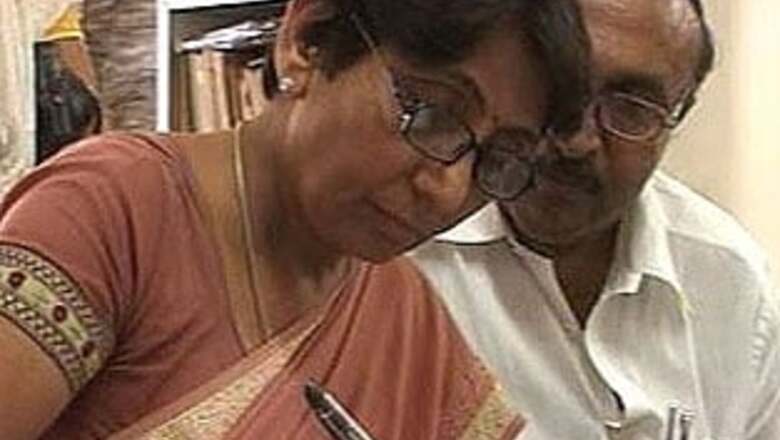
views
Ahmedabad: Gujarat Minister Maya Kodnani resigned on Friday and surrendered before the police after the High Court rejected her anticipatory bail plea and said her role in leading mobs during the 2002 riots was "nothing less than organised crime".
Kodnani, who was absconding, resigned after the court verdict and surrendered before the Special Investigating Team (SIT) investigating the riots. Kodnani is accused of leading mobs in Ahmedabad's Naroda Patiya and Naroda Gaam areas in which 106 people were killed during the riots.
The SIT also took into custody Jaidip Patel, a Vishwa Hindu Parishad (VHP) leader, who is a co-accused in the case. The court ruled that the SIT’s evidence had prima facie established that Kodanani and Patel were present in the riot-hit areas.
"Maya Kodnani was leading a mob but still did not control them (mob). This is nothing less than organised crime," said Justice D H Waghela in his order. "Communal harmony is the hallmark of democracy and religious fanatics are no better than the terrorists".
The court rejected the plea of Kodnani's lawyer who sought more time for her to file an appeal in the Supreme Court. Patel said the charges against him were a “conspiracy” and he would appeal against them. “I have faith in our judiciary and I will go forward with the legal approach. It is a conspiracy against us by the NGOs,” said Patel.
Civil rights activist Teesta Setalvad, whose NGO Citizens for Peace and Justice works for riot victims, welcomed the arrests but alleged more ministers were involved in the riots or had stopped the police from taking action against mobs.
The court order is being seen as an embarrassment for the BJP on a day when its prime ministerial candidate L K Advani is visiting Ahmedabad to address a rally.
But the state government put up a brave face saying the court ruling against Kodnani, who holds the triple charge of higher education, women and child welfare, was not an embarrassment to the BJP.
"This is not at all an embarrassment," said a Gujarat government spokesperson, adding that nobody could be pronounced guilty "till the last word" had been spoken.
(With inputs from IANS and PTI)










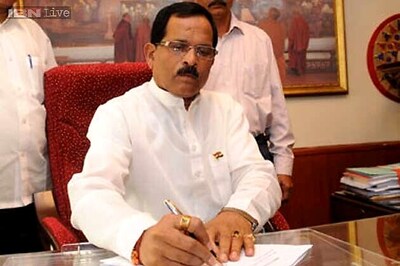
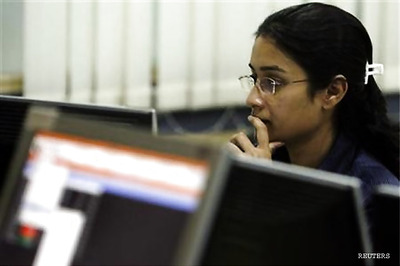



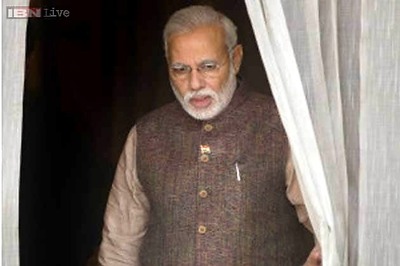

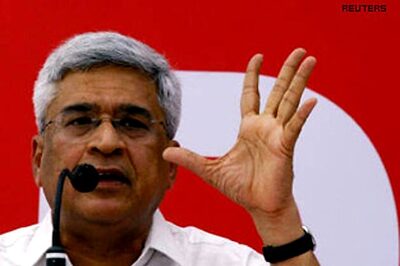

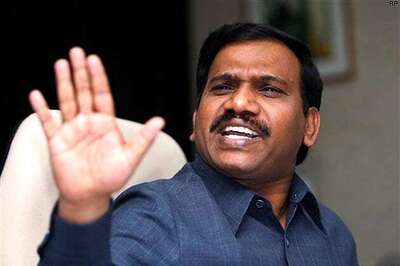
Comments
0 comment